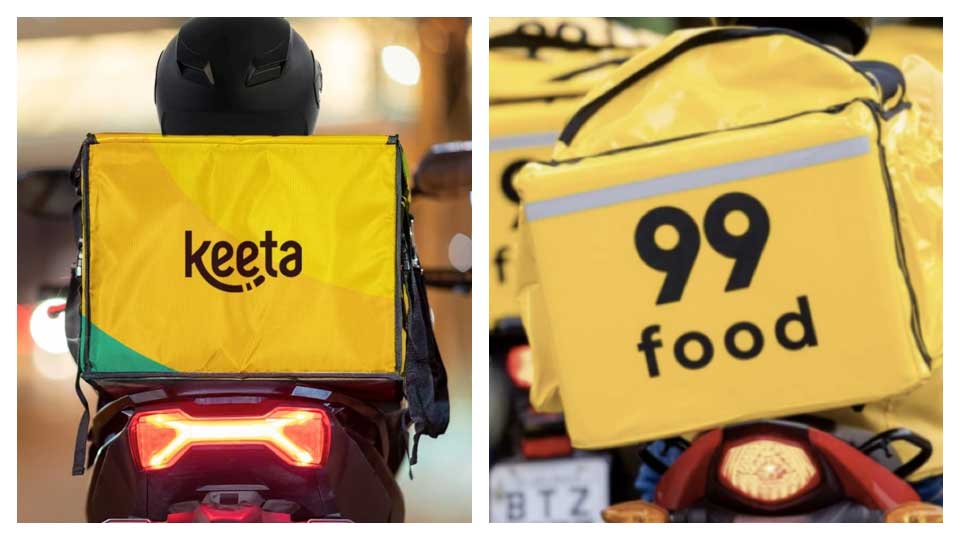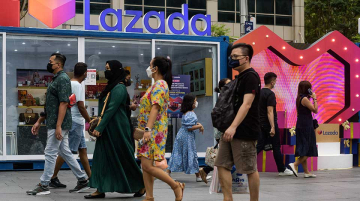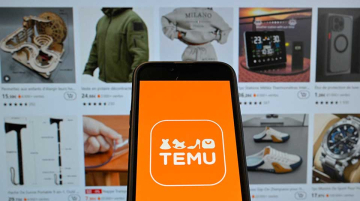
Two of China’s biggest delivery giants are exporting not just their business models but also their worst habits. In Brazil, Didi’s 99Food and Meituan’s Keeta have turned a promising overseas expansion into a spectacle of lawsuits, exclusivity deals, and copycat branding so absurd that instead of toppling the local incumbent, they’ve ended up embarrassing China’s tech reputation.
Commentary from “The correct answer bureau (正解局),” a popular WeChat account, explains why the food delivery war between Didi and Meituan in Brazil looks so bizarre.
At home there’s a saying: “Chinese don’t fight Chinese.” Yet halfway around the world, that’s exactly what’s happening. In Brazil’s $12 billion food delivery market, where local champion iFood controls nearly 80% of orders, the two Chinese challengers have turned their fiercest blows on each other instead of the real incumbent.
- Exclusivity warfare: 99Food has shelled out more than 1 billion yuan ($140M) in cash advances to over 100 Brazilian restaurant chains, demanding exclusivity contracts that forbid them from partnering with Meituan’s Keeta. Strikingly, these contracts do not bar cooperation with iFood, meaning Didi’s fire is aimed squarely at its Chinese rival rather than the market leader.
- Keyword hijacking: Earlier, 99Food was caught buying Google ads for the keyword “Keeta,” so users searching for Meituan’s app were redirected to download Didi’s instead. Brazilian courts swiftly ruled this an act of unfair competition and ordered 99Food to stop within three days or face daily fines.
- Trademark theater: One of the strangest twists came when Didi’s 99Food sued Meituan’s Keeta for trademark infringement. On paper, 99Food’s branding is a bright yellow background with a metallic highlight and black logo. It is so reminiscent of Meituan’s long-established China branding that any Chinese consumer would immediately associate it with Meituan, not Didi. Yet in Brazil, it was Didi accusing Meituan of copying them. The lawsuit even argued that the two “e”s in “Keeta,” when flipped in a rear-view mirror, looked like the “99” in “99Food.”
Why this is important: The fight in Brazil shows what happens when China’s fiercest business tactics are transplanted abroad: instead of projecting strength, its tech giants look inwardly obsessed and self-defeating. As Didi and Meituan spend fortunes suing and undercutting each other, the real beneficiary is iFood, which only grows stronger while its Chinese rivals waste energy on familiar battles.




